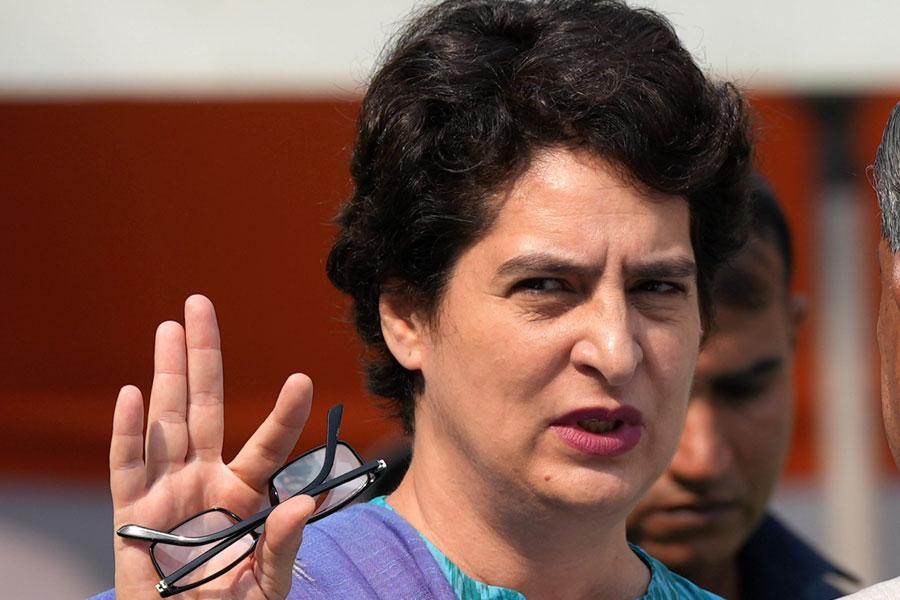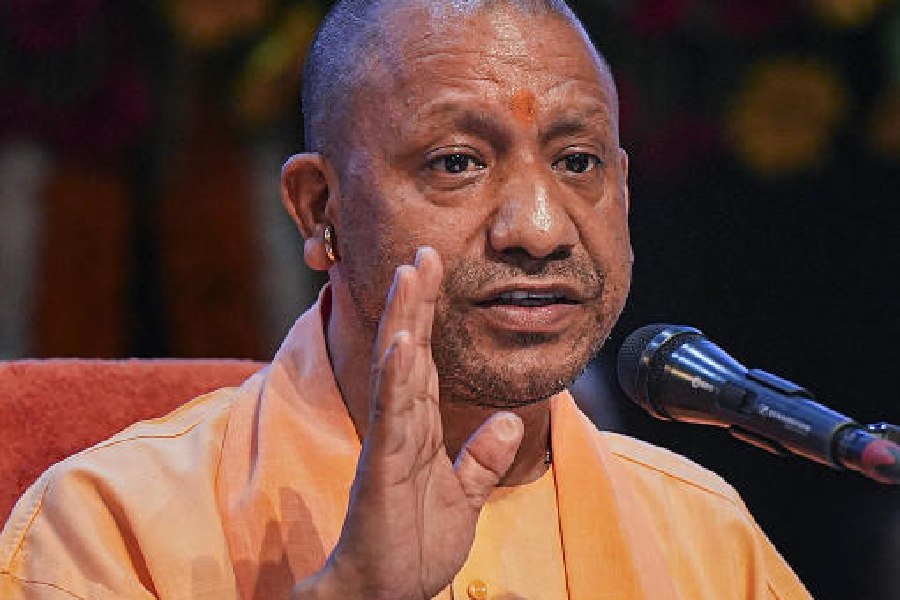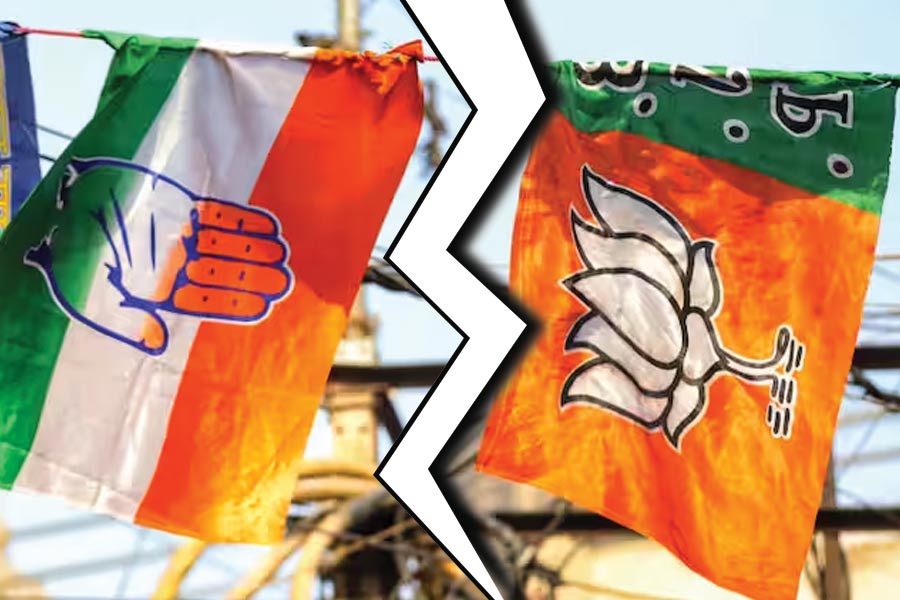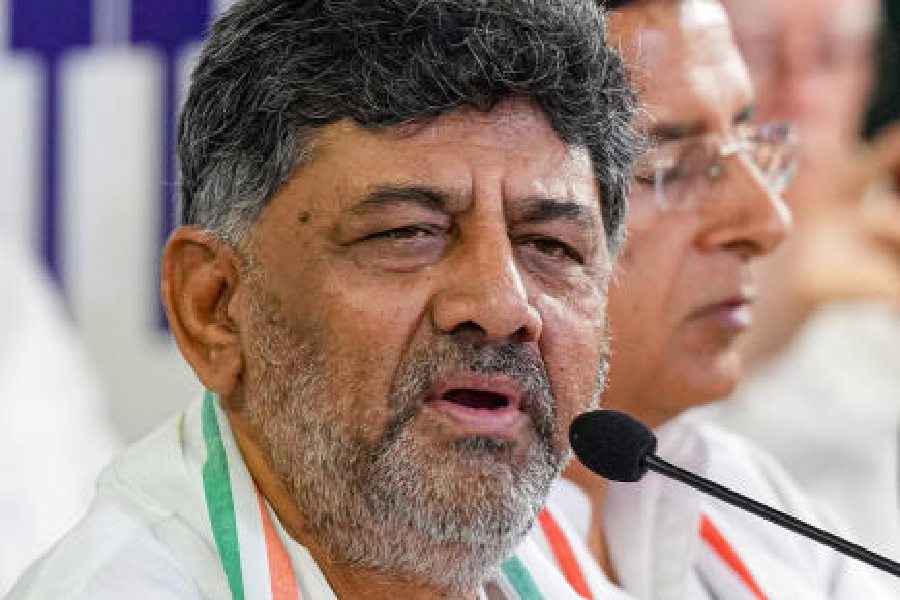India looks to be on the way to becoming probably the first among advanced democracies to bring digital media under regulation, the move timed tellingly when the rest of the world is freeing up the internet from government control and corporate shackles.
The Modi government’s intentions are clear in a provision in the draft registration of press and periodicals Bill, 2019, which was put out in the public domain on November 25 to elicit comments from the stakeholders, including the general public.
The bill, which seeks to replace the Press & Registration of Book Act, 1867, has a clause requiring registration of the digital media with the Registrar of Newspapers in India.
Under the extant law, only print newspapers are required to follow this code.
“The publishers of news on digital media shall register themselves with the Registrar of Newspapers of India in such manner and giving such particulars as may be prescribed,” reads part VIII of the proposed bill.
The bill proposes cancellation of such registration, if, among other reasons, the “publisher” is found to be convicted of any “terrorist act” or “unlawful activity”, or for doing anything against the “security of the state”.
The bill doesn’t spell out how grave an offence must be to come under the ambit of “unlawful activity” or jeopardising the “security of the state”.
While the bill seeks to control the web space, it fails to address the problems of hate speech, fake news, and incendiary content which proliferate on digital media.
Siddharth Varadarajan of The Wire was fairly sure that there would be repercussions to these measures. “There's no reason to add to the layer of requirements to the registration for digital news given there are literally hundreds of thousands of digital platforms. And the way that the draft will define the digital news, this would include your mother's Facebook page, your uncle's blog, websites in different languages, a tweet trend on twitter, anything that is news oriented and conveyed digitally,” he told Telegraph Online.
Varadarajan said that the government was trying to create some kind of an obstacle. “This is a way of controlling and regulating... No democratic country in the world insists on this kind of registration of digital news platforms. The entire move is mala fide,” he said.
A media law expert The Telegraph Online spoke to expressed concern at the motive behind the provision, prophesying that such a measure would only render digital media “toothless”.
“Here everything is being done in the name of national interest or nationalism or something like that. Elsewhere, it would be for things to protect privacy or individual rights.
“The focus is altogether wrong. If it is about regulating the digital media, it should be talked about in terms of curbing the hate speech and propaganda and things like that, for which digital media is used more, instead of for the kind of things it is now being proposed. It is bound to serve more for other interests than public interest,” said the central university professor requesting anonymity.
The academic cited instances of arresting of people on the basis of their cyber activities as a form of harassment. “It will be people of certain stripes, human rights champions largely, who will face the most heat if the provision comes into force.”
The professor termed the provision regressive and as running counter to prevailing sentiments across the western democracies, where the call for liberalizing digital media is only increasing.
Significantly, a day before the draft was revealed in the public domain for suggestions, Sir Tim Berners-Lee, the man who invented the internet, launched an initiative to emancipate the web and give more power to the people.
“Contract for Web”, endorsed by 80 corporations, proposed nine principles to that end, at least three of which are meant to require governments’ support.
One such principle, “keep all of the internet available, all of the time” already stands violated by the government of India, which has snapped internet connections in Kashmir for close to four months now.
Similarly, the credentials of India as a democracy with robust digital privacy norms was somewhat undermined when it was accused of spying on its citizens by some of the members of Parliaments on Thursday.
Speaking in the Rajya Sabha, Congress MP Digvijaya Singh levelled a charge of spying on people, including politicians and judges, against the current government.
The charge came in the wake of a covert snooping exercise, unearthed when Whatsapp informed the Indian government that Israeli-made spyware Pegasus was used against 121 Indians between April and May to breach their private communication on phone.
The spyware is made by NSO, an Israeli cyber surveillance firm, which claims to sells it only to governments. The Indian government has not spelled out whether it bought the spyware from NSO.










